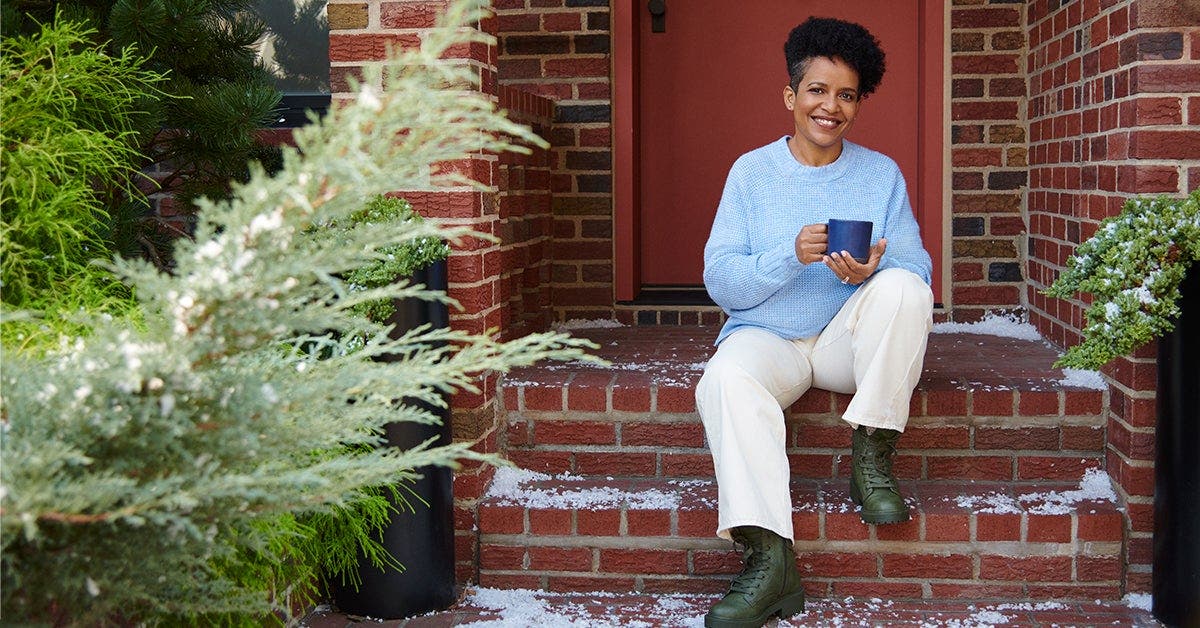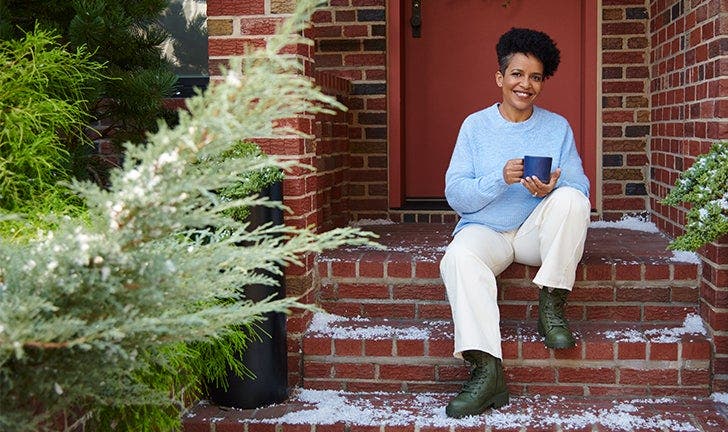Holiday Anxiety


The holiday season is here, which brings joy for many but also a great deal of stress for others. While there may be dinner parties to look forward to and everyone seems a little cheerier at this time of year, a packed calendar and growing to-do list can make it challenging to really enjoy the special moments.
Factor in financial stress, more socializing than usual, and frenzied travel to visit family, and all of this can lead to holiday season anxiety – feelings of stress and anxiety that arise during what is supposed to be one of the most exciting times of the year.
Tips to Take Care of Your Mental Health During the Holiday Season
If holiday anxiety is catching up with you, it’s important to step back and focus on your mental health. Here are some ways to cope with the anxiety so you can find more happiness and enjoyment during the festivities:
Set Up a Holiday To-Do List. Make a list of your priorities or use a calendar to help you plan ahead before the holiday chaos begins. This strategy will help you feel more in control, because being better prepared will prevent any last-minute scrambling. For example, make a list of all the gifts you need to buy and start stocking up in advance. This will allow you to avoid crowded stores as the holidays draw closer, and you won’t have to worry about long shipping delays if ordering online. You can also plan menus in advance, pre-select outfits for holiday events, and set aside dates for various commitments with family and friends.
Focus on Quality, Not Quantity. It’s hard not to accept every invitation that comes your way during the holiday season. However, an important way to protect your mental health is to avoid overscheduling yourself. Say “yes” to spending time with those you really want to and skip out on other visits and events that won’t leave you feeling fulfilled. Make sure to include some downtime in your schedule too, whether it’s curling up on the couch to watch your favourite holiday movie or taking in some fresh air on an outdoor trail or skating rink.
Find Meaning in New Ways. Trying to maintain family traditions that you grew up with can be challenging. If preparing a dinner for 20 people or visiting multiple households to ensure you squeeze a visit in with everyone is causing you anxiety, it’s okay to change things up. Plan a potluck dinner or ask guests to help with specific tasks to reduce the workload on yourself. Keep the traditions that work and feel special for you but let go of those that don’t.
Keep Moving. Even though it’s a busy time of year, it’s important to maintain regular physical activity throughout the holiday season. Exercise is a great stress reliever and it can help boost your mood and energy levels, help you sleep better, and provide a distraction from daily worries. Get outside for a walk to enjoy the fresh, crisp air and beautiful winter wonderland, or enjoy your favourite workout at home or the gym.
Sleep Away the Stress. Getting a regular good night’s rest is important for overall good health, particularly when you are experiencing more stress and anxiety. Aim to get seven to nine hours of sleep every night. While the amount of time you sleep is important, the consistency of your sleep matters too. Establish regular sleeping hours, which means going to bed and waking up at around the same time each day. Both total sleep time and maintaining a consistent sleep schedule are necessary to ensure the overall quality of your sleep.
Enjoy Yourself. There is room on your plate to enjoy your non-negotiables over the holidays. Show yourself some self-compassion when looking to stay healthy. One meal, one day, or one week is not enough to derail your progress, so try to keep perspective. It’s all about balance. At holiday events, you can consider alternating glasses of water and alcoholic beverages to reduce your overall alcohol consumption. At dinner, start by filling at least half your plate with non-starchy vegetables.
